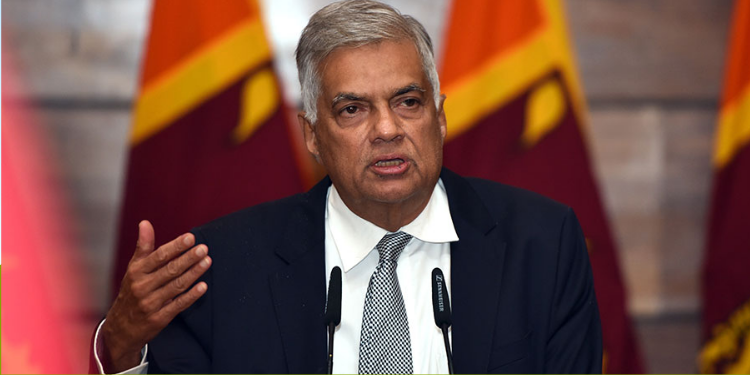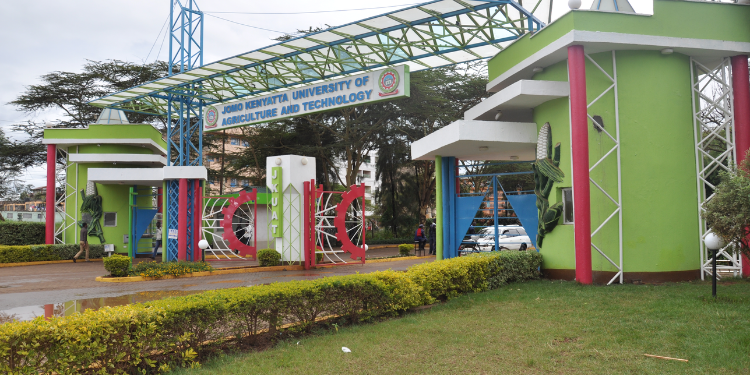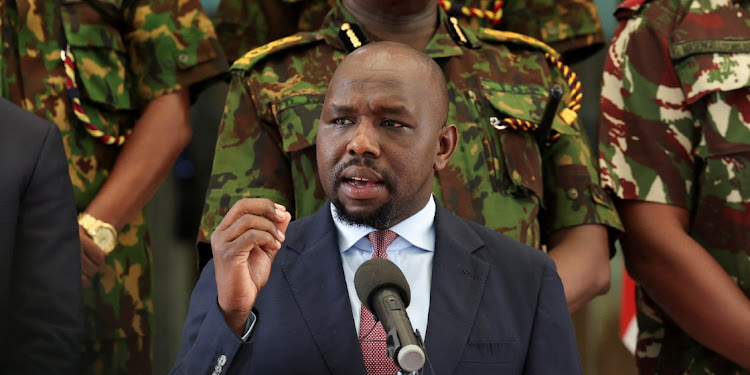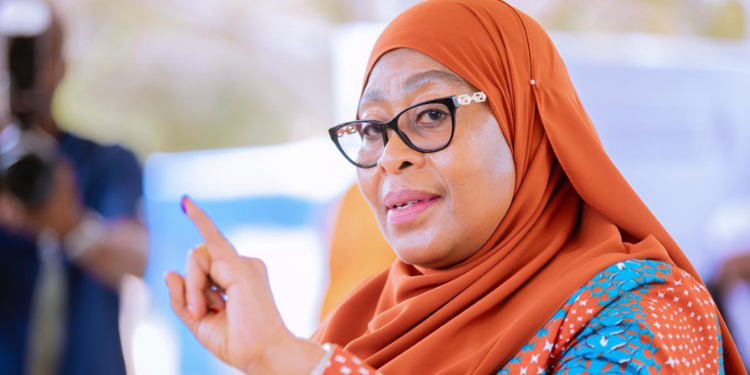Sri Lanka’s former President Ranil Wickremesinghe was arrested on Friday, August 21, 2025, by the Criminal Investigation Department (CID) over allegations of misusing state funds.
The case relates to several foreign trips he made during his presidency, including a controversial stopover in the UK in 2023 while returning from a G77 summit in Cuba.
On that occasion, Wickremesinghe and his wife attended a University of Wolverhampton ceremony, which investigators allege was a private visit funded by the state.
Police authorities stated that the trip was not an official engagement, yet it was financed with state funds.
According to BBC Sinhala, his 23 official foreign trips as president cost the state more than Ksh 258 million ($2 million).
The former president appeared before a magistrate’s court in Colombo after recording a statement with the CID, becoming the first ex-head of state in Sri Lanka’s history to be arrested.
Wickremesinghe served as the island nation’s president from 2022 to 2024.
Also Read: President Salva Kiir & GSU Officer Arrested in Nairobi
Profile of Ranil Wickremesinghe
Ranil Wickremesinghe, born on March 24, 1949, hails from an influential political family. His uncle, Junius Richard Jayewardene, served as both president and prime minister of Sri Lanka.
Trained as a lawyer, Wickremesinghe entered politics in the late 1970s, winning his first parliamentary election in 1977.
He went on to become prime minister for the first time in 1993 and has held the position six times in total, making him one of Sri Lanka’s longest-serving political leaders.
Wickremesinghe has been seen as a practical politician, often finding ways to survive political crisis and stay relevant.
Even after his party, the United National Party (UNP), performed poorly in the 2020 elections and failed to win a single seat, he made a comeback by becoming prime minister again in 2022.
Also Read: Political Ugandan Activist Kizza Besigye Arrested Again
His Leadership as Sri Lanka President
His leadership has been marked by both reformist and controversial decisions. He has pushed for constitutional reforms aimed at reducing presidential powers, re-established international relations, and engaged with global institutions such as the International Monetary Fund (IMF) and World Bank to address Sri Lanka’s financial crisis.
However, Wickremesinghe’s political career has not been free of criticism. He has been accused of nepotism and protecting political rivals during his tenure as prime minister between 2015 and 2019.
Despite these controversies, Wickremesinghe is credited with establishing Sri Lanka’s first Special Economic Zone in the late 1980s and advancing economic liberalization.
Follow our WhatsApp Channel and X Account for real-time news updates.
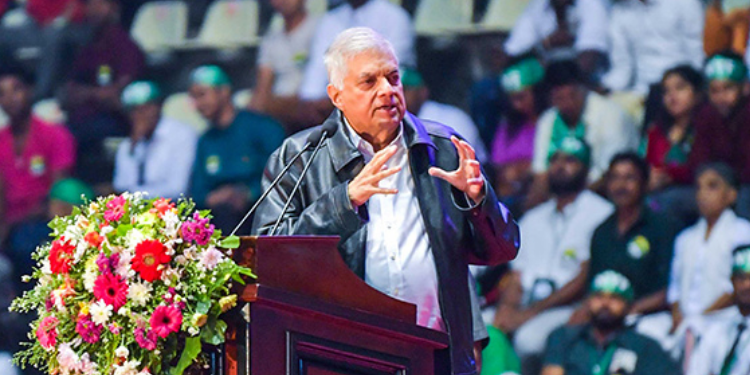

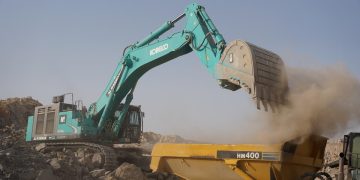
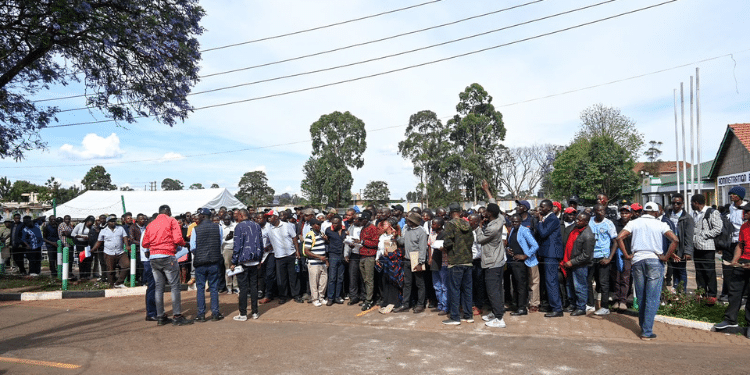
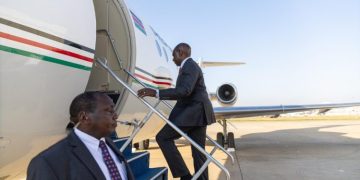
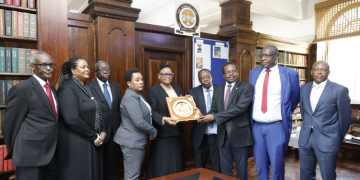
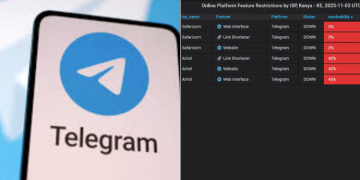
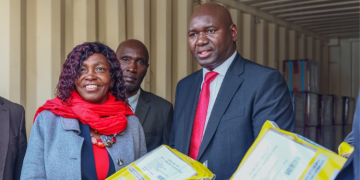
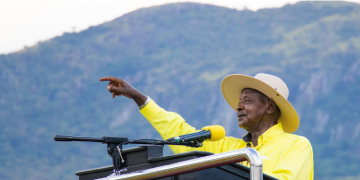








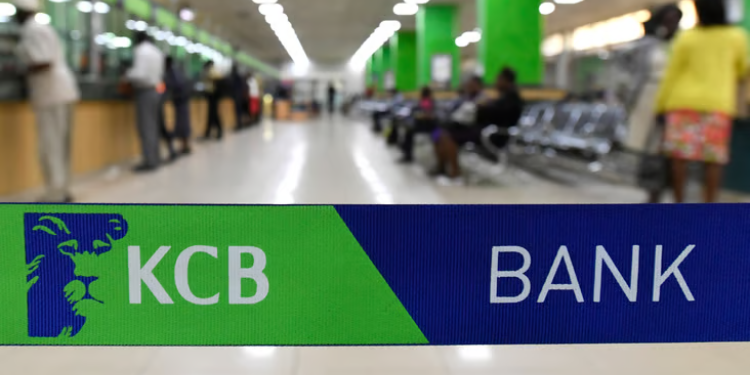
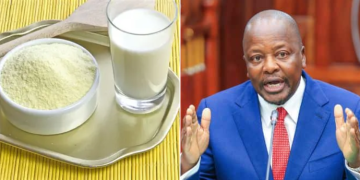

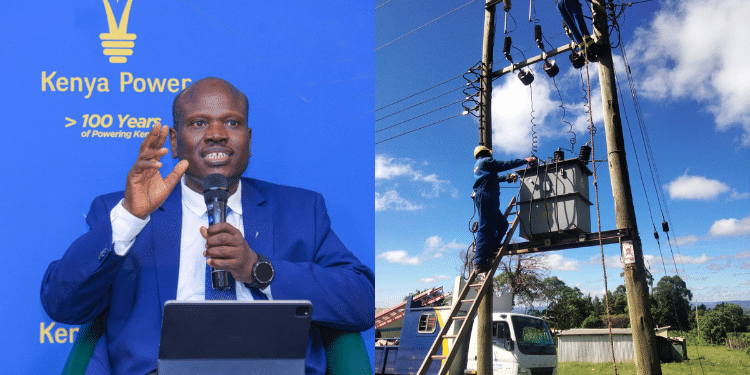
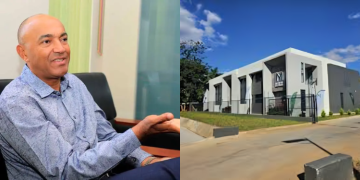




























![Senator Allan Chesang And Chanelle Kittony Wed In A Colourful Ceremony [Photos] Trans Nzoia Senator Allan Chesang With Channelle Kittony/Oscar Sudi]( https://thekenyatimescdn-ese7d3e7ghdnbfa9.z01.azurefd.net/prodimages/uploads/2025/11/Trans-Nzoia-Senator-Allan-Chesang-with-Channelle-KittonyOscar-Sudi-360x180.png)




















